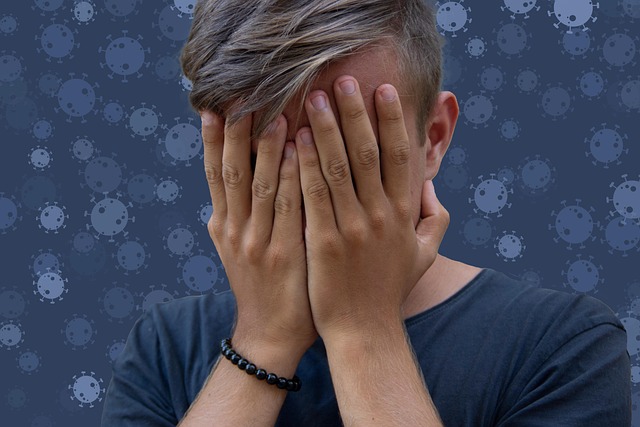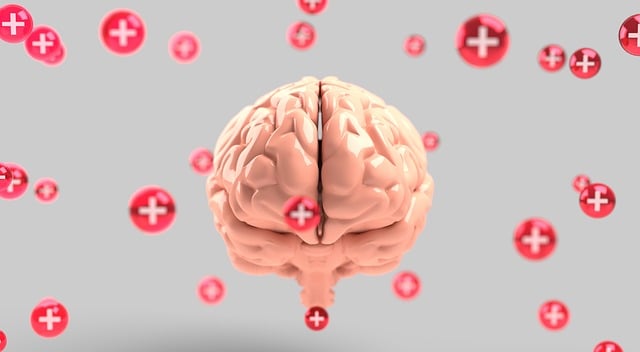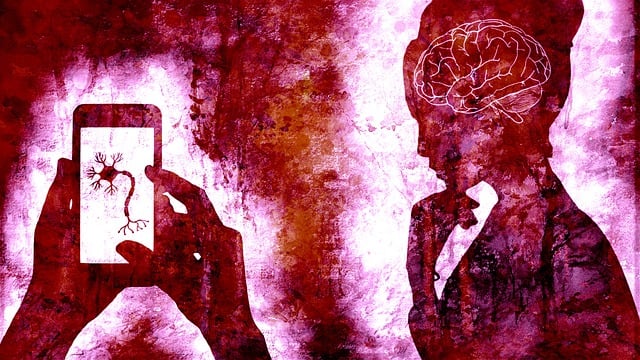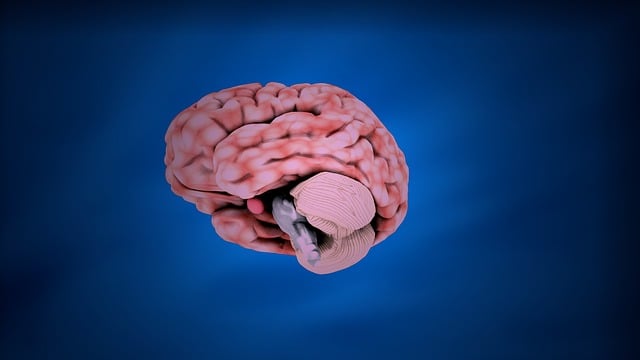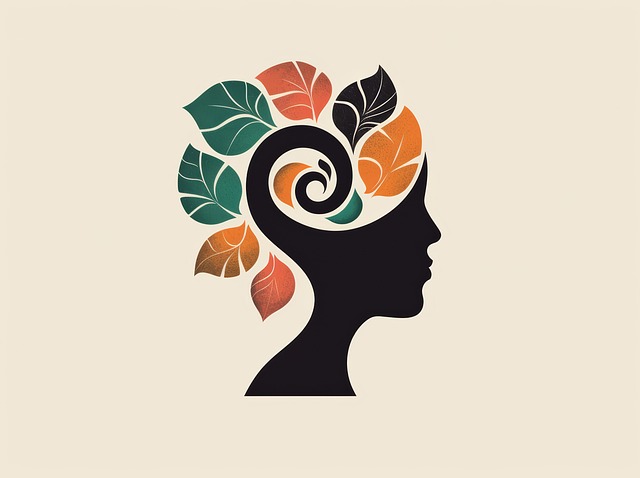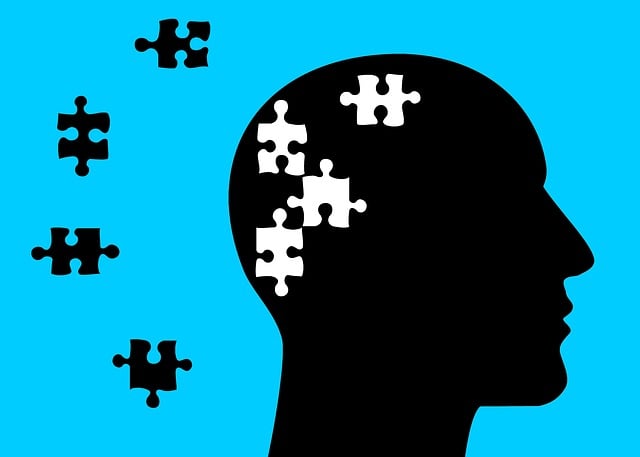The stigma around mental illness prevents many from seeking help, especially for anxiety disorders. Lafayette Geriatrics Therapy addresses this issue through education and awareness campaigns, normalizing therapy-seeking and reducing barriers to care. They offer tailored support and evidence-based practices in a judgment-free environment, empowering clients to manage their emotional well-being effectively. By integrating mental health services into community life through workshops and specialized programs, Lafayette Geriatrics Therapy fosters acceptance and encourages those struggling with mental illness to seek help without fear.
Mental illness stigma remains a significant barrier to treatment, impacting those seeking support. This article delves into the pervasive effects of stigma on mental health seekers and explores effective reduction strategies. We highlight Lafayette Geriatrics Therapy as a model program, showcasing successful approaches to fostering understanding and acceptance. Furthermore, we discuss community initiatives that contribute to a more supportive environment, emphasizing the collective effort needed to combat this societal enigma.
- Understanding Stigma: Its Impact on Mental Health Seekers
- Lafayette Geriatrics Therapy: A Model for Stigma Reduction
- Strategies and Initiatives to Foster a More Supportive Community
Understanding Stigma: Its Impact on Mental Health Seekers

Stigma surrounding mental illness can have profound effects on individuals seeking help, often deterring them from reaching out or pursuing treatment. This societal misconception creates a barrier for those in need, especially when facing conditions like anxiety disorders or other complex mental health challenges. The impact is significant; many people struggling with their mental well-being may feel ashamed, leading to isolation and the avoidance of essential self-care practices. As a result, conditions can worsen, affecting overall quality of life.
In efforts to combat this, Lafayette Geriatrics Therapy has taken the initiative to educate communities on mental health through various programs. They emphasize the importance of understanding stigma as a significant factor in coping skills development and anxiety relief. Public awareness campaigns play a pivotal role in reshaping perceptions, encouraging empathy, and fostering an environment where seeking therapy is normalized. By addressing these issues head-on, Lafayette Geriatrics aims to reduce barriers for mental health seekers, ensuring they receive the support needed for their journey towards healing.
Lafayette Geriatrics Therapy: A Model for Stigma Reduction

Lafayette Geriatrics Therapy stands as a beacon of hope in the ongoing battle against mental illness stigma. This innovative approach prioritizes holistic care and emotional well-being promotion techniques, ensuring that each patient receives individualized attention tailored to their unique needs. By fostering an environment free from judgment, Lafayette Geriatrics Therapy encourages open dialogue about mental health concerns, enabling individuals to embrace coping skills development as essential tools for managing their conditions effectively.
Through its comprehensive programs and dedicated professionals, the therapy center breaks down barriers and challenges societal perceptions surrounding mental illness. By integrating evidence-based practices with compassionate support, Lafayette Geriatrics Therapy empowers clients to take control of their emotional well-being, fostering resilience and a renewed sense of hope in their journeys towards recovery.
Strategies and Initiatives to Foster a More Supportive Community

Reducing the stigma surrounding mental illness is a collective effort that requires a multifaceted approach. One effective strategy is to educate communities through awareness campaigns and workshops, emphasizing that mental health is just as important as physical well-being. These initiatives can be tailored to specific demographics, such as schools, workplaces, and senior centers, where interactive sessions on recognizing signs of distress and providing support can foster a culture of care.
Local organizations like Lafayette Geriatrics Therapy play a vital role in these mental illness stigma reduction efforts by offering specialized services and programs. Through therapy sessions that promote confidence-boosting mind over matter principles, they cater to the unique needs of older adults, helping them navigate mental health challenges with dignity. By integrating such support systems into community fabric, we can create a network of understanding, ensuring individuals affected by mental illness feel accepted and encouraged to seek help without fear of judgment.
Mental illness stigma reduction is a collective effort that, as demonstrated by Lafayette Geriatrics Therapy, can significantly improve access to care. By implementing community-based strategies and initiatives, we can foster an environment where individuals feel supported, understood, and empowered to seek the help they need without fear of judgment. Efforts to reduce mental health stigma are essential steps towards a healthier, more compassionate society.






